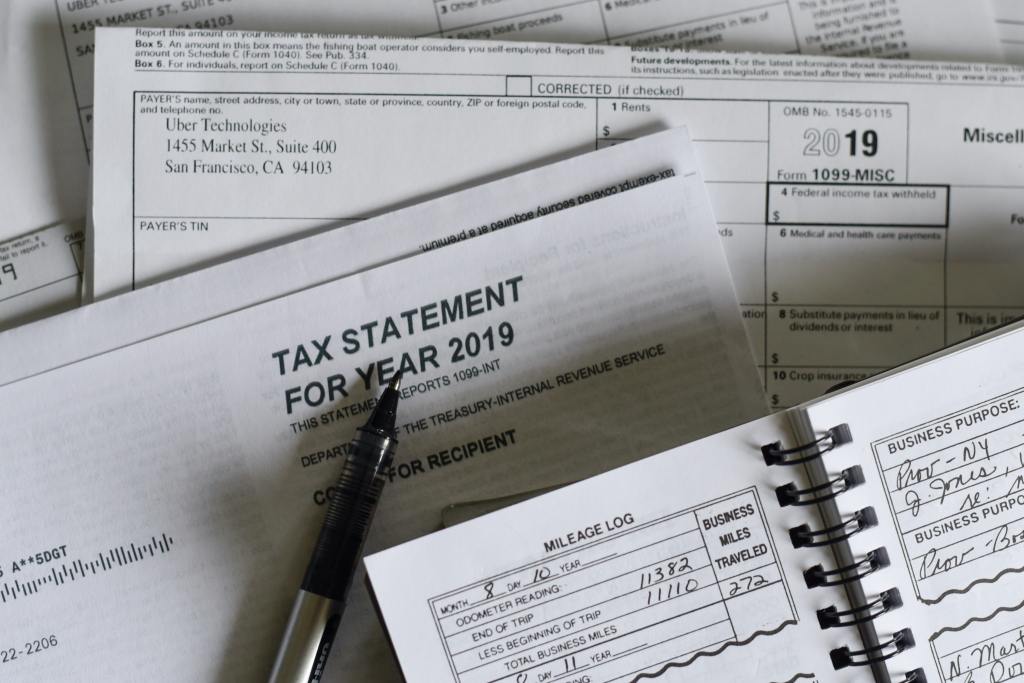By Samuel D. Brunson

Over the last couple weeks, I’ve seen people in a couple very disparate groups worry about the 1099s they’re going to receive. (One group is saxophone enthusiasts who occasionally sell instruments and mouthpieces on eBay and Reverb.)
And why are they worried? Basically because the American Rescue Plan Act of 2021 makes it much more likely that they’ll receive 1099s, even for casual selling. Section 6050W of the Code requires companies like Paypal and Venmo (and other non-credit card payment processors) to report payments made, both to the payees and to the IRS.
Prior to the American Rescue Plan Act, that wasn’t really a big deal for a lot of casual sellers and service providers because there was a $20,000/200 transaction floor. Unless Venmo (or whatever equivalent company it was) sent more than $20,000 to a person and that person engaged in at least 201 transactions, there was no reporting requirement.
Today, the de minimis sale floor has been drastically reduced. Now, if a person receives more than $600—even in a single transaction—Venmo is going to send you a 1099.
So what does that mean? Let’s do a quick explainer:
What is a 1099?
For certain types of payments (including interest and dividends), payors are required to send an IRS Form 1099. Paypal, Venmo, and other online payment services are required to send a 1099-K. Among other things, the 1099-K includes your name and contact information and the amount of money you receive from the payment service. And, critically, you’re not the only one who gets a copy—a copy of the 1099 also goes to the IRS and to your state taxing agency.
Basically, the 1099 is meant to ensure that taxpayers report their income. There’s abundant evidence that third-party information reporting increases tax compliance. By lowering the reporting threshold, less money will go unreported and untaxed.
But What About Gifts?
It’s important to note that this provision of the American Rescue Plan Act didn’t make any changes to the substantive tax law. All it did was lower the reporting threshold. The same income that would have been taxable in 2020 is still taxable in 2022, and the same income that was exempt in 2020 is still exempt in 2022.
So, for instance, you don’t owe taxes if your sister sends you $20 for your birthday on Zelle. Because gifts are not taxable income. Similarly, you don’t owe taxes when you cover the dinner bill and your friends reimburse you on Venmo because reimbursements are not gross income.
In fact, section 6050W is only supposed to apply to payments for goods and services. So the online payment companies shouldn’t include those kinds of gifts or reimbursements on your 1099.
Will they? I truly don’t know. But I suspect they will be overinclusive in what they include, both because they don’t want to be penalized for underreporting and because they face no consequences for overwithholding.
Which takes us to:
Records, Records, Records!
It strikes me as critical, if you’re the type of person who gets paid through these services, to keep contemporaneous records with each transfer you receive. Because in the end, taxpayers have the legal obligation to prove that this particular transfer was a gift, not a payment.
But there’s more: the companies are required to report the gross amount you receive. That’s fine for payments for services. But it’s not an accurate reflection of income if you’re selling goods. After all, I may get $370 for that Phil-Tone mouthpiece, but that doesn’t mean I have $370 of income. Did I buy it for $250? Did I buy it for $400? Paypal doesn’t know. The IRS doesn’t have to know. Again, it’s on me to establish my basis. And contemporaneous records (and saved receipts) are probably the best way to do that.
Final Thoughts
Again, I want to emphasize that the reduction in the de minimis payment amount doesn’t change the substantive tax law. If you sold three mouthpieces on eBay in 2020 for a combined total of $900, you had to pay taxes on your gain in 2020 even though Paypal didn’t have to report the gain to the IRS. In 2022, you have the same tax obligation.
Only this time the IRS will know that you received $900 through Paypal.
Photo by Olga DeLawrence on Unsplash.
